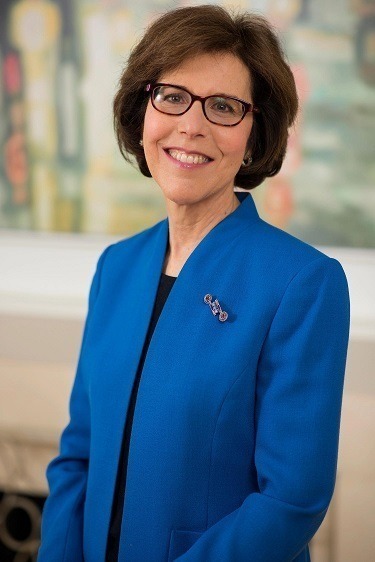Dr. Judith Beck on the future of cognitive therapy and psychotherapy
Dr. Awais Aftab: What do you think the future of psychotherapy is? What would you like it to be?
 Dr. Judith Beck: A number of years ago, a colleague asked my dad whether he expected cognitive therapy to eventually dominate the field of psychotherapy. He responded, “I hope good therapy eventually dominates the field of psychotherapy. Just good therapy.” My father has always said, and I agree, that if significant research demonstrates greater support for the theoretical framework and treatment of a different psychotherapy, then that psychotherapy should supplant CBT. So far that has not happened. To the contrary, as the years have gone by, there is more and more support for CBT conceptually and in treatment efficacy.
Dr. Judith Beck: A number of years ago, a colleague asked my dad whether he expected cognitive therapy to eventually dominate the field of psychotherapy. He responded, “I hope good therapy eventually dominates the field of psychotherapy. Just good therapy.” My father has always said, and I agree, that if significant research demonstrates greater support for the theoretical framework and treatment of a different psychotherapy, then that psychotherapy should supplant CBT. So far that has not happened. To the contrary, as the years have gone by, there is more and more support for CBT conceptually and in treatment efficacy.
In terms of the future of CBT, I think we will continue to use research from other fields (such as neurobiology, evolutionary biology, and cognitive science) to refine theory and guide therapy. We will continue to seek out what treatments work best for whom under what conditions. We will have a stronger emphasis on identifying key processes to target core mediators and moderators based on testable theories.
I think CBT will continue to be adapted for more problems, diagnoses, and conditions. We will train many kinds of caregivers, teachers, front-line workers, police, and even politicians. More and more health care providers, such as occupational therapists, physical therapists, primary and specialty care providers will use CBT. Eventually, if the US adopts a single-payer medical system, I think we will see a triage system like the Improving Access to Psychological Therapies program in the UK and other countries. We will see innovative ways to deliver treatment, such as by grandmothers sitting on friendship benches in Zimbabwe or lay counselors in primary care in India. We will see a greater use of technology for self-administered and computer-assisted therapy by way of apps and computer programs and a greater use of texting and telehealth services. We will also see applications of technology to better deliver training and supervision of trainees and for monitoring and evaluating therapists.
And if research continues to confirm the efficacy of CT‑R, I predict that we will see principles of CT‑R incorporated into the treatment of all individuals, regardless of diagnosis, severity of condition, setting, care provider, or delivery method.
–> Read the full, in-depth interview over at Psychiatric Times: The Past, Present, and Future of Cognitive Behavioral Therapy: Q&A with Judith S. Beck, PhD


